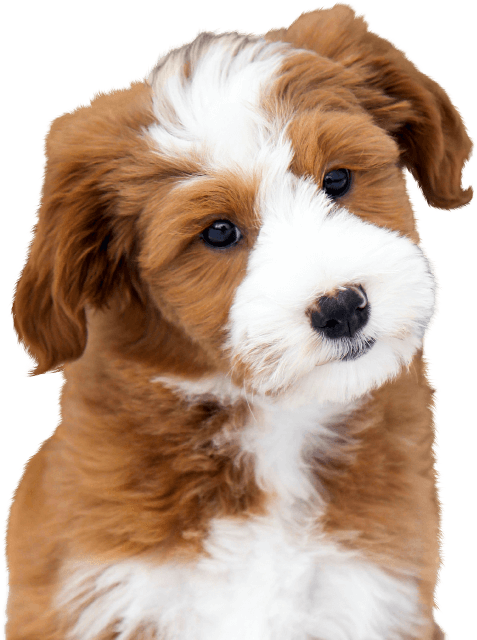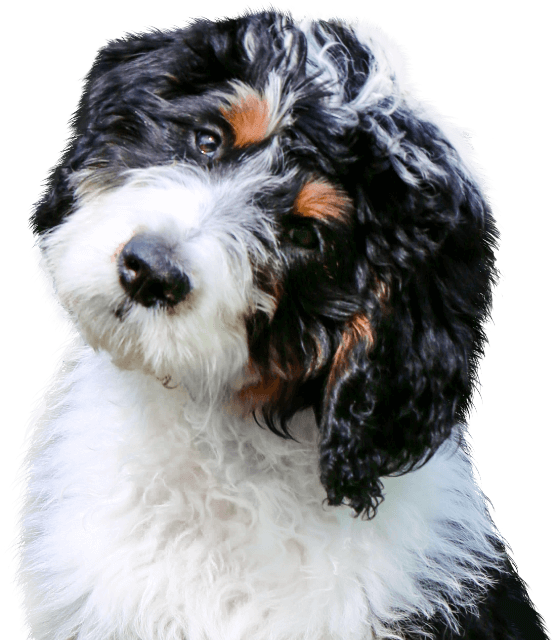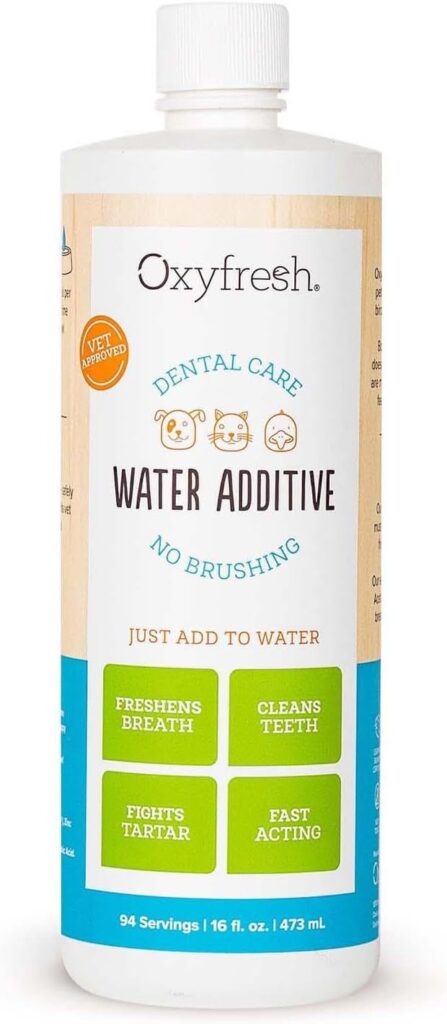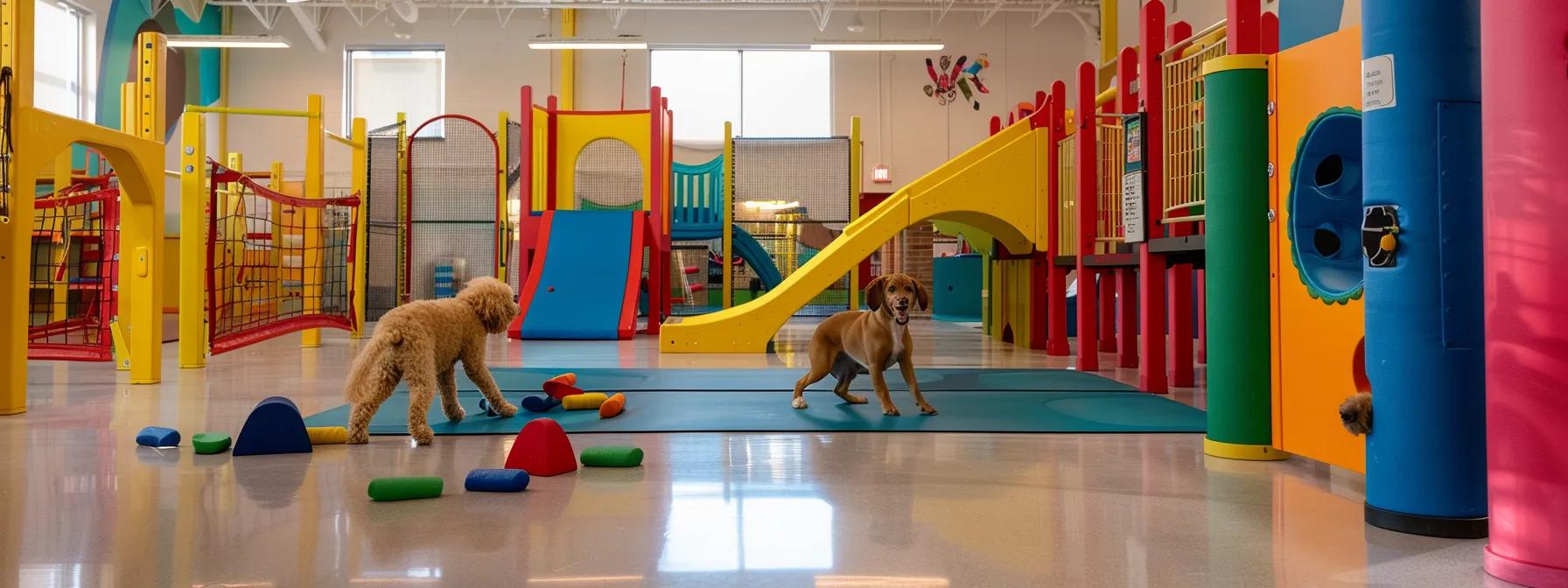The Happy Pup Manor Guide to Dog Dental Cleaning
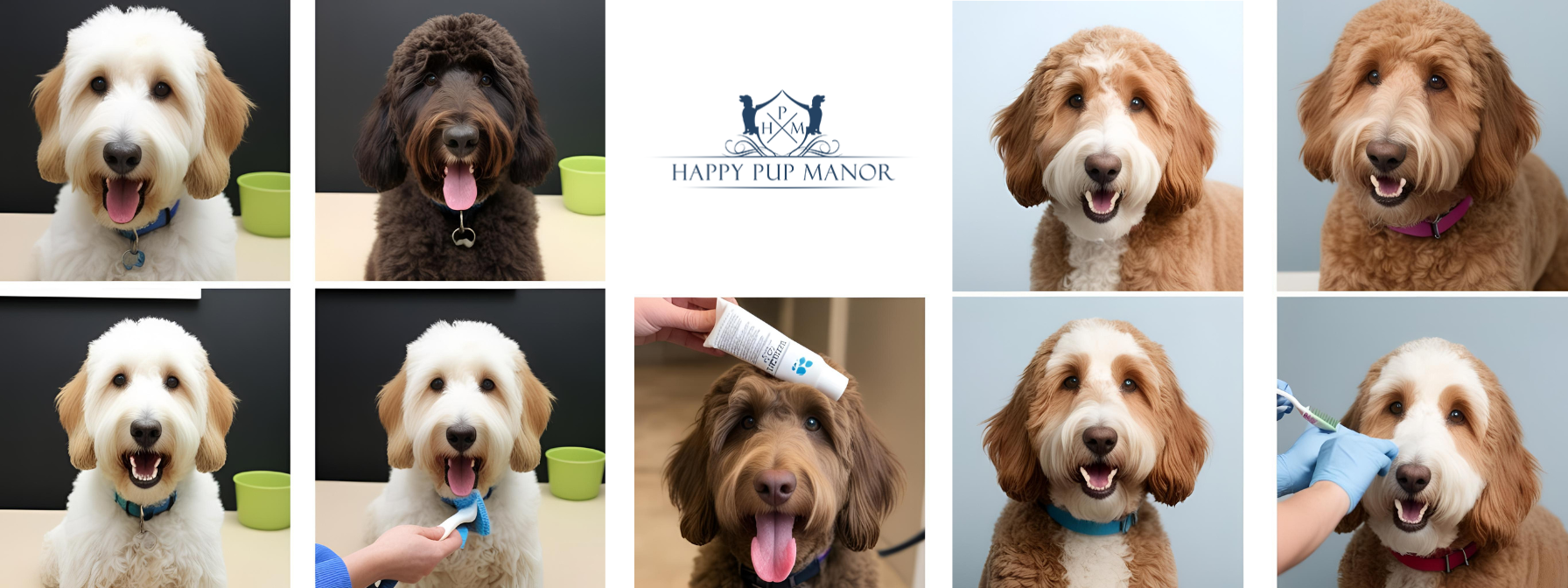
The Happy Pup Manor Guide to Dog Dental Cleaning
As a devoted dog parent, you already invest time and love into your pup’s training, grooming, and daily care, but there’s one area that’s often forgotten: dog dental cleaning. Just like you, your dog needs consistent oral hygiene to stay healthy, comfortable, and full of life. And while a little doggy breath might seem harmless, what’s happening beneath the surface can impact more than just their smile.
In this guide, you’ll learn why dental care is vital, how to spot warning signs, and the best ways to protect your pup’s pearly whites—whether you’re caring for a playful puppy or a dignified senior.
Why Dental Cleaning Is More Than Just Fresh Breath
Dental disease in dogs is incredibly common. In fact, over 80% of dogs show signs of oral disease by the age of three, according to the American Veterinary Dental College (AVDC). Without regular cleaning, plaque and tartar accumulate on your dog’s teeth, leading to painful inflammation, infections, and eventually, tooth loss.
But it doesn’t stop there. Bacteria from the mouth can enter the bloodstream and harm the heart, liver, and kidneys. That’s why routine dog dental cleaning is one of the most important things you can do to support your pup’s long-term health.
How to Tell If Your Dog Needs a Dental Cleaning
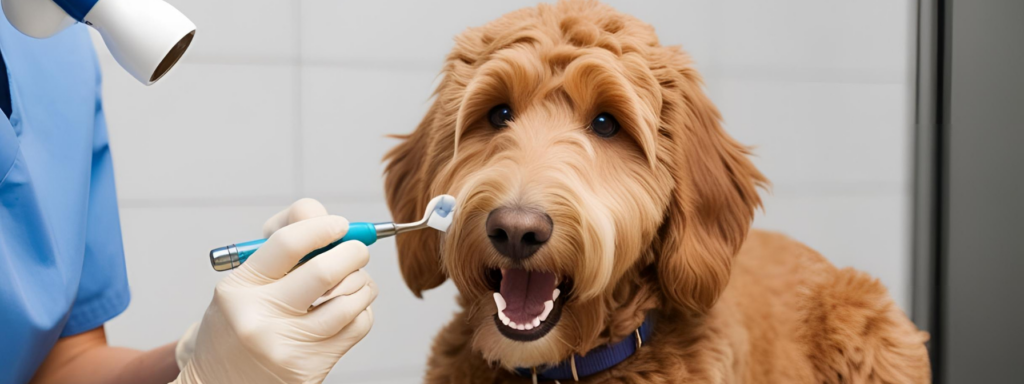
Your dog may not be able to tell you when something feels off, but their mouth can give you clues. Keep an eye out for:
- Bad breath (that goes beyond typical “doggy breath”)
- Yellow or brown tartar buildup on teeth
- Red, swollen, or bleeding gums
- Difficulty chewing or eating
- Dropping food from their mouth
- Excessive drooling or pawing at the face
- Avoiding chew toys or head touches
If you notice any of these signs, schedule a professional dental evaluation with your veterinarian.
What Happens During a Professional Dental Cleaning?
A thorough dental cleaning performed by your vet involves much more than just brushing. It’s a multi-step procedure that includes:
- General anesthesia to keep your dog safe and still
- Scaling to remove plaque and tartar above and below the gumline
- Polishing to smooth the tooth surface and prevent future buildup
- Dental X-rays to check for issues beneath the surface
- Tooth extraction if any are too damaged to save
Your vet will likely recommend annual cleanings, though some dogs—especially smaller breeds or those prone to dental issues—may need them more frequently.
Daily Dental Care: Your At-Home Essentials
Professional cleanings are crucial, but they only happen once or twice a year. What you do at home every day makes the real difference. Here’s how to build an effective dental routine:
1. Brush Your Dog’s Teeth Daily
Using a soft-bristled toothbrush or finger brush and dog-safe enzymatic toothpaste (never use human toothpaste), gently brush your pup’s teeth. Start slow and reward generously—it may take time, but your dog will adjust.
2. Offer Dental Chews and Treats
Choose high-quality dental chews that promote chewing and help reduce plaque. Many dogs look forward to this as a daily treat, and you’ll feel good knowing it’s helping their health.
3. Use Water Additives and Oral Sprays
If your dog isn’t keen on brushing, water additives can be an easy way to reduce bacteria in the mouth. Oral sprays and gels are also effective for targeting bad breath and mild plaque.
4. Provide Dental Toys

Dental toys with textured surfaces offer a fun, natural way for your dog to clean their teeth while playing. They’re also great for redirecting chewing behavior in puppies.
5. Feed a Dental-Friendly Diet
Some specialized dental kibble and raw diets help reduce tartar buildup by creating a mechanical brushing effect while chewing. Speak with your vet or trainer about the best diet for your dog’s needs.
When Should You Start a Dental Routine?
The earlier, the better. If you’re raising a puppy, start by gently introducing them to mouth handling and brushing. This helps them get comfortable with the process and prevents fear or resistance as they grow.
But even if your dog is already an adult, it’s never too late to begin. Patience, consistency, and positive reinforcement go a long way. At Happy Pup Manor, we often integrate gentle mouth desensitization into our training programs, particularly for young dogs and those preparing for grooming or vet visits.
The Role of Dog Trainers in Supporting Dental Health
You might not think of dog training as part of dental care, but it absolutely plays a role. Teaching your dog to tolerate brushing, open their mouth on cue, or stay calm for vet visits makes dental hygiene more manageable and less stressful for both of you. During your pup’s stay at Happy Pup Manor, we can help reinforce cooperative care techniques that make brushing and oral exams easier at home.
A Final Word on Canine Smiles
A sparkling smile is more than just cute—it’s a reflection of your dog’s overall health and happiness. With regular dog dental cleaning, both at home and under your veterinarian’s care, you’re helping your beloved companion live a longer, more comfortable life.
Need help starting a dental routine? Have questions about brushing or want to integrate it into your pup’s training plan? Reach out or ask us during your pup’s next stay—we’re always happy to help you create a wellness routine that’s as luxurious as it is effective.
